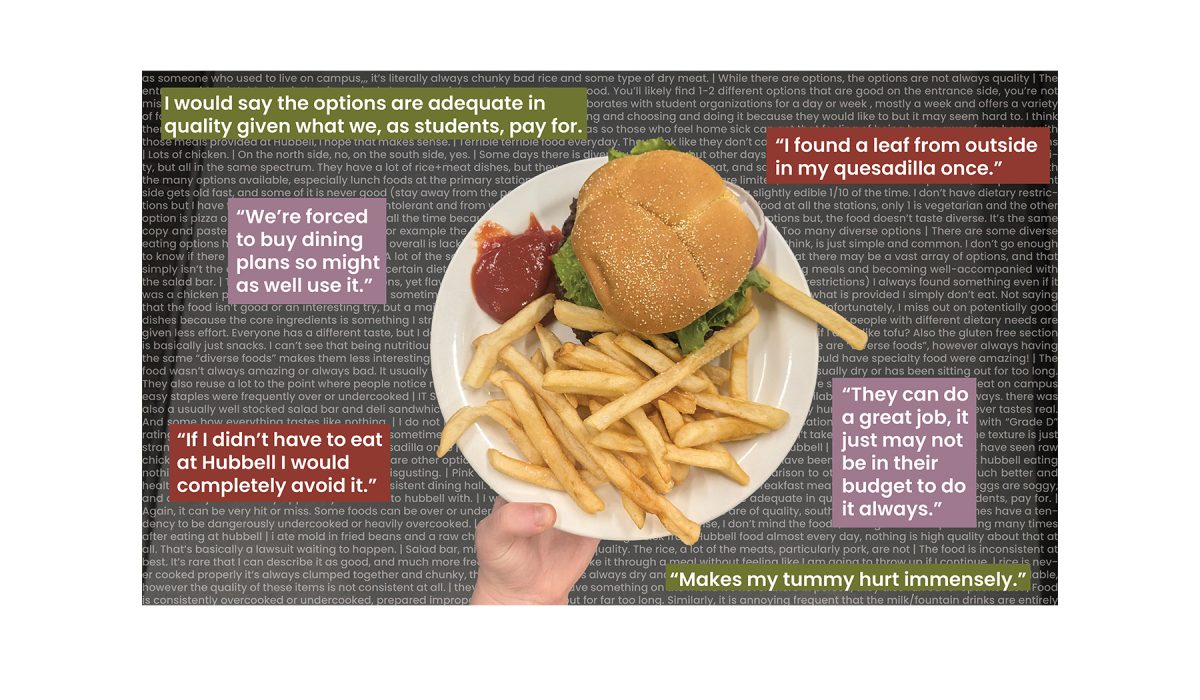OK, let’s talk about birth control. There has been a lot about birth control in the news lately.
Rush Limbaugh likes to say a woman has to take a birth control pill every time she has sex. Well, Rush, as a woman, I would like to say that the only time I have to use birth control every time I have sex is when I use a condom.
The options are numerous — condoms, pills, diaphragms, spermicides — doesn’t matter. You have a lot of ways to ensure that you don’t have a child when you least want to.
What type of birth control you use is totally your call. Just be aware that before you make your choice, you should consult your physician/gynecologist.
Birth control is not something to take lightly either. It’s important. Trust me, there is nothing like a pregnancy scare at the ripe-ol’ age of 20-something to make you remember to take your little pill everyday or to make sure your partner wears protection.
I know I’m supposed to be a sex columnist, but do you know what comes with sex? Babies and birth control.
Use one and you won’t get the other. Forget to use one, and well, you might have the other. I may not be a math major, but I know: sex – birth control = possibility of a child.
I know too many girls in college who have not educated themselves on what birth control is and what it means for their sexual health.
Birth control is not just a pill or a patch or a whatever-you-want-it-to-be. It’s a choice. It’s a means of keeping yourself safe in many ways. It doesn’t just guard against an unplanned pregnancy, but it can also help stop the spread of STIs (if used correctly).
Even if a woman has been taking her birth control consistently (pill a day keeps the baby away), there is still a 1 percent chance of getting pregnant.
There are also those pesky, not-so-little diseases called STIs. Sexually transmitted infections are a serious issue for many college campuses.
According to the Center for Disease Control, in 2010 woman ages 20-24 had the highest rate of chlamydia, with 3,407.9 cases of the infection for every 100,000 females.
The same age group for males also had the highest rate of chlamydia with 1,187.0 cases per 100,000 males.
The pill does not guard against STIs, so don’t depend on that.
Needless to say, if you plan on having unprotected sex, you might want to consider the implications of that, even if you’re using some form of birth control.
Pulling out isn’t exactly the best method either. Even if your fella knows his control, there is still a possibility of an “oops.” While pre-ejaculation fluids contain little-to-no sperm, if you’re not careful, there is a possibility of some ejaculate escaping and getting all up in your business.
But, birth control is a two-way street. Men should have to shoulder some of the burden as well. It’s not just a concern that women have to deal with. Guys, you should consider the possibility of, “Oh, wow, you have a part in this, too.” It takes two to tango and only a few seconds to make a baby. So, if you want to keep “daddy” out of your daily vernacular, well, you know what to do.
The discussion you have to have with your partner is awkward but necessary. Even if you’re in a same-sex relationship, you still have to have it. Don’t think that just because you’re in a committed relationship doesn’t mean that your partner is STI free.
Talk about it. Talk about what type of birth control works best for your situation. Are you forgetful? Maybe the pill isn’t your ball game. Only have sex occasionally? Buy a pack of condoms just incase your partner runs out (or doesn’t have any). But always have the discussion. Always know what the side effects are. And always talk to a professional about it. Just because your best friend uses an intrauterine device doesn’t mean it’s for you.
You have to be informed, otherwise you’re going to be talking like Rush Limbaugh, and I don’t think anyone actually wants that.






